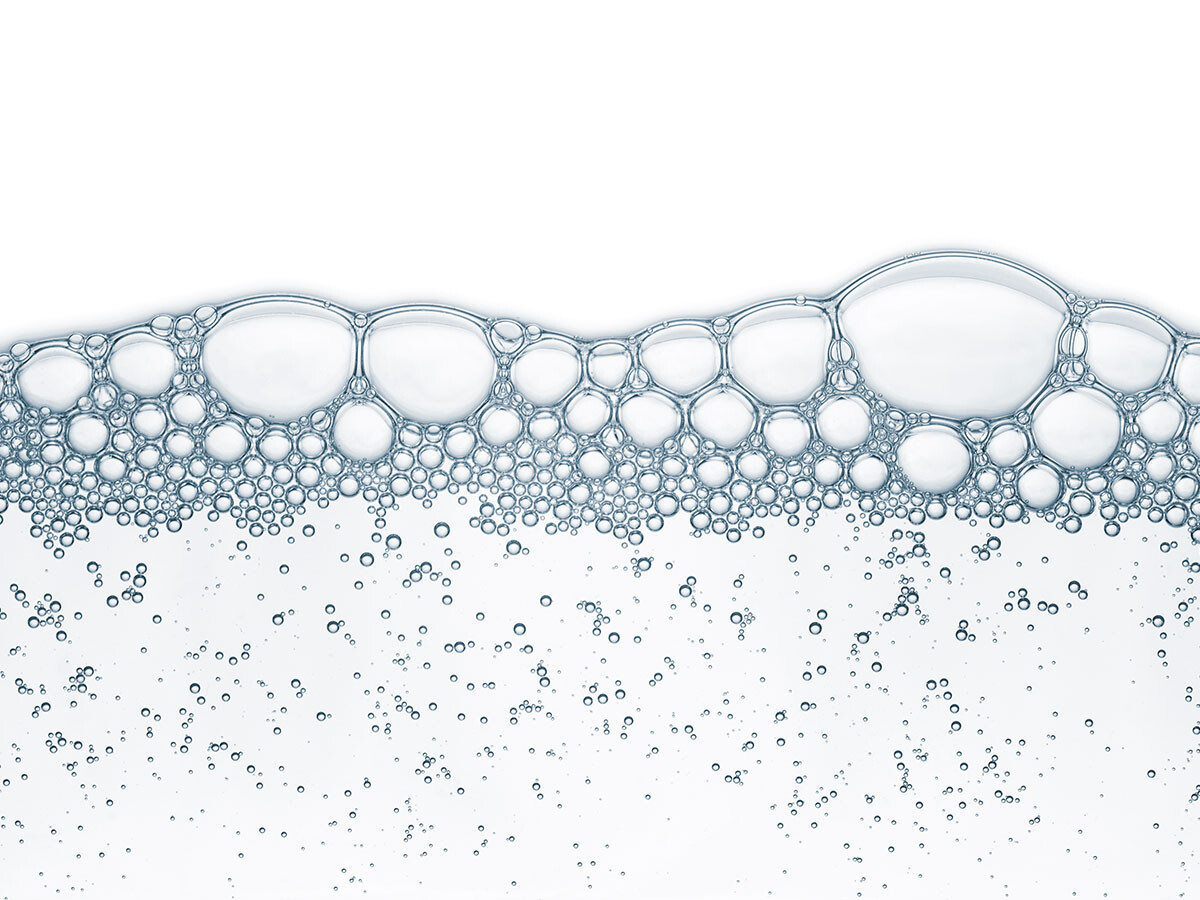Choosing the Best Defoamers for Your Manufacturing Line
Choosing the Best Defoamers for Your Manufacturing Line
Blog Article
Discover the Top Advantages of Utilizing Defoamers in Industrial Processes
The usage of defoamers in commercial processes presents a variety of engaging advantages that can enhance operational effectiveness and item high quality. By properly controlling foam production, these representatives not just maximize product flow however additionally add to significant cost reductions and enhanced sustainability. The effects of taking on defoamers might be more profound than at first regarded.
Boosted Refine Performance
Optimizing industrial processes usually entails addressing lathering problems, which can prevent functional performance. Foam development can disrupt the correct performance of tools, minimize the effective usage of resources, and complicate the monitoring of vital specifications. By executing defoamers, markets can properly reduce these issues, bring about structured procedures and enhanced efficiency.
Defoamers work by destabilizing the foam framework, permitting for rapid collapse and considerable reduction in foam quantity. This activity not only enhances the circulation of products with equipment, such as activators, mixers, and pipelines, however also minimizes disturbances brought on by foam overflow. Equipment downtime is reduced, enabling for a much more effective and constant production procedure.
In addition, using defoamers can result in reduced power consumption. With much less foam to manage, compressors and pumps can operate extra successfully, leading to reduced operational prices and an overall renovation in process throughput. Eventually, the tactical use defoamers not just addresses immediate lathering challenges however additionally contributes to an extra efficient industrial ecosystem, fostering an affordable benefit in a demanding market.
Improved Item Top Quality
The combination of defoamers in commercial procedures plays a critical role in boosting product top quality. By effectively managing foam development, defoamers contribute to the consistency and harmony of end products. Too much foam can result in aeration, which adversely influences the texture and stability of formulas, specifically in industries such as food and beverages, pharmaceuticals, and coverings.

Additionally, defoamers help with better blending and diffusion of components, resulting in homogeneity in formulations. This is essential in applications where specific component ratios are essential for efficiency and safety. In addition, the elimination of foam can reduce the threat of contamination during manufacturing, additional protecting item stability.
Ultimately, by boosting product high quality, defoamers not only improve consumer satisfaction however also strengthen brand online reputation. Their function in keeping top quality standards highlights their importance in modern-day industrial procedures.
Expense Reduction Advantages
Carrying out defoamers in commercial processes can bring about significant expense decrease benefits. By successfully regulating foam formation, defoamers reduce item loss throughout production, thus enhancing product use. This reduction in waste equates straight right into lower raw material expenses, boosting total operational efficiency.
Furthermore, the usage of defoamers can lower power consumption. Excessive foam can impede equipment performance, resulting in boosted power needs to maintain production levels. By alleviating foam, defoamers promote smoother procedures, allowing machinery to run extra successfully and decreasing energy expenditures.

In addition, defoamers can shorten processing times. By making use of defoamers, sectors can enhance their processes, leading to faster turn-around times and enhanced throughput.

Environmental Impact Reduction
In commercial processes, making use of defoamers plays that site an essential function in mitigating environmental effects related to foam generation. Foam can lead to considerable functional inefficiencies, leading to raised discharges and waste generation. By properly controlling foam, defoamers help preserve process performance, thereby decreasing the general ecological impact of procedures.
In addition, excessive foam can overflow containment systems, resulting in spills that might contaminate soil and water resources. Defoamers help reduce this danger by making sure that frothing does not go beyond suggested restrictions, advertising conformity with environmental policies. This positive strategy not just safeguards environments yet also enhances the sustainability of industrial practices.
Additionally, making use of defoamers can lower power intake in numerous procedures. defoamers. Decreasing foam development decreases the demand for added energy-intensive actions, such as raised frustration or pumping, which might otherwise be required to manage foam. Consequently, the fostering of defoamers straightens with wider sustainability objectives by advertising energy efficiency while minimizing the carbon impact of commercial activities.
Inevitably, incorporating defoamers into commercial operations is a tactical measure that sustains environmental stewardship and responsible Visit Website source administration.
Flexibility Throughout Industries
Across various sectors, defoamers demonstrate impressive adaptability, adapting to the details requirements of diverse applications. In the food and drink market, for instance, defoamers are important to maintaining item quality by protecting against foam formation during handling, which can affect appearance and flavor. In a similar way, in the pharmaceutical industry, defoamers ensure the stability of solutions, improving item efficacy and uniformity.
In the chemical manufacturing realm, defoamers promote smoother operations by lessening foam in reaction vessels, therefore boosting yield and decreasing downtime. The paper and pulp sector depends on defoamers to enhance the effectiveness of pulp processing and paper production, making sure optimum product stability. In addition, in wastewater therapy facilities, defoamers play a crucial duty in controlling foam during aeration procedures, leading to enhanced therapy end results.
The versatility of defoamers prolongs to the oil and gas market, where they aid in managing foam in boring liquids and manufacturing processes. By tailoring formulas to fulfill specific industry requirements, defoamers act as crucial devices that enhance operational effectiveness, item top quality, and overall process efficiency throughout a plethora of sectors. Their versatility highlights their worth in contemporary commercial applications.
Conclusion
Finally, the use of defoamers in industrial processes offers countless benefits, including enhanced performance, enhanced product top quality, considerable expense reductions, and favorable ecological effects. Their ability to effectively regulate foam formation adds to functional continuity and source optimization. The adaptability of defoamers across varied industries emphasizes their vital duty in promoting sustainable techniques and success. The combination of defoamers represents a critical technique to attending to challenges connected with foam administration in numerous manufacturing settings.
Inevitably, the tactical usage of defoamers not just addresses prompt foaming difficulties yet additionally contributes to a much more effective commercial environment, fostering a competitive advantage in a demanding market.
In industrial procedures, the usage of defoamers plays an important duty in mitigating ecological influences linked with foam generation. By effectively controlling foam, defoamers help keep procedure performance, thereby decreasing the general environmental footprint of operations.
Furthermore, in wastewater treatment facilities, defoamers play an important function in managing foam during oygenation procedures, leading to better therapy results.
Report this page